February 1981
This issue is more info heavy than the standard Baseball Digest issue. Lots of stats from the 1980 season, along with the annual feature listing the biggest batting & pitching gainers & losers from the previous 2 seasons. Those lists used to interest me back then, but being that they were completely predicated on batting average & pitcher W-L records, they are not particularly informative.
A large percentage of this month’s articles also dealt with examining numbers to different extents. The article on great runner-up performances was inspired by a couple of notable performances in the 1980 season. Cecil Cooper hit .352, but because it was in the year that George Brett flirted with .400 he had to settle for second place in the batting race. And even though Omar Moreno stole 96 bases, that was still 1 shy of Ron LeFlore’s league leading total.
Speaking of George Brett’s 1980 season, you may remember that he missed some time with injury, so for much of the year he didn’t have enough plate appearances to qualify for the batting title. He just reached the eligibility level by the hair of his chinnny chin chin, finishing with 515 plate appearances. The article in this issue brought up the idea of reducing the required # of PA’s from 502 to 450. I’ve never heard any serious discussion on that topic since.
This was an interesting find in the cover article on Eddie Murray. Take a look at the accompanying chart which lists the career home run leaders among switch hitters at the time. That list has changed radically since then.
You can see the Red Smith byline on the table of contents. Here he suggests that the leagues should be radically realigned to cut down on travel and to build up regional rivalries. Smith is ahead of his time here; most observers assume that when MLB eventually expands to 32 teams it will come with exactly the type of significant restructuring of the leagues and divisions that he discusses here. Another piece from a legendary writer came from Joe Falls. It’s basically a listicle of images from a few decades earlier to serve as a “you’re this old if you remember…” test. What would a similar article look like if it were written today?
For s***s & giggles, there is an article which posits the theory that a player’s defensive position is connected to his personality. There’s lots of stereotyping here, but it provided a few chuckles. Among the observations: 1B - strong silent types, 2B - the worst natural athlete on the team; cunning & moxie, SS - a sergeant in the army, 3B - constantly lives at the brink of death & loves it, LF - a gentle soul, CF - been catered to all his life & thinks he deserves it, RF - a chronic malcontent, C - a guy with a perpetual five o’clock shadow, P - a closet sadist.
Finally, this issue contains another one of Gene Mack’s illustrations of old ballparks. This time he depicted Pittsburgh’s Forbes Field.
#18
Several weeks after the Mets retired Dwight Gooden’s #16, Darryl Strawberry received the same honor. #18 will hang in the rafters forever. As I mentioned following Gooden’s ceremony, it’s fitting that both men have been honored in the same year. The two are connected in so many ways, not all of them positive, but the franchise has recognized their significant on-field contributions and bestowed upon each the greatest honor that a team can give.
More than any other individual Straw was the symbol of the team’s renaissance in the 1980’s. He was the #1 overall amateur draft pick in 1980, just around the same time that the Doubleday Group purchased the franchise. Fans closely monitored his progress as he moved up the minor league ladder and he made his major league debut in 1983, mere weeks ahead of the franchise-altering trade for Keith Hernandez. Strawberry won the NL Rookie of the Year award and was a perennial all-star in the succeeding years.
There is something so aesthetically pleasing about a long majestic swing from a left handed hitter, and Strawberry’s swing in particular was a thing of beauty. Long, looping, parabolic, it produced some of the those tape measure jobs that you wish Statcast had been around to measure the distance. He could be prone to strikeouts and prolonged slumps, but when he was locked in, oh man. You weren’t hoping for a home run when he stepped up to the plate, you were expecting one. He remains the franchise leader in home runs, and is second in runs batted in.
It would be dishonest to not also acknowledge his warts. He has had his share of substance abuse issues (although I still insist that it’s too simplistic to chalk up those issues as the reason that he did not make the Hall of Fame. He also had a debilitating back injury and a serious bout with cancer. His career arc would not have been much different had he never abused drugs) and he also had a terrible history of domestic violence in his younger days.
He turned his life around years ago and is a drug counselor/motivational speaker. That’s part of what made his speech at the ceremony so powerful. Joined by his family and multiple former teammates he sounded like a preacher at times. He repeated over and over how much he regretted leaving the Mets as a free agent. (Don’t forget that in the months leading to free agency GM Frank Cashen all but said in so many words that they didn’t want him back and had no intentions of paying the market rate to bring him back.) Straw is a Met now & forever.
The Oscar Mulligan - 1984
Best Picture - Amadeus
Other Nominees - The Killing Fields, A Passage To India, Places In the Heart, A Soldier’s Story
Before deciding if Amadeus still deserves that Oscar, if you will indulge me, I have a couple of personal stories to share, neither of which involve Falco. One of the great advantages of attending high school in New York is the ability to experience the city’s rich culture. Once a year my school would stage a field trip to attend a Wednesday matinee on Broadway. I didn’t have a choice as to which show I got to see; each home room was assigned its own show. One year my heart sank when I saw that I was going to see Amadeus. You expect me to sit through a play about a classical composer? Shows how much I knew; the show completely sucked me in within a matter of minutes. I wish I had thought to save old Playbills because I don’t remember who portrayed Mozart. Salieri was played by Frank Langella, and he was as powerful a presence as one would imagine. Because I had seen the play first it colored my perception of the movie somewhat. A movie can’t help but suffer in comparison to a play. True, a filmmaker has the ability to expand the scope without being confined to the size of the stage, but you also lose that sense of intimacy that comes from a live production.
My second story goes back to the days when I was a college radio DJ. At the time the station ran a 6 hour block of classical music each weekday. It did not require any knowledge of classical music on my end; the shows were programmed weeks in advance so all I really had to do was make sure I pronounced all of the names correctly. One afternoon I saw that one of the pieces on a show I was hosting was a Salieri composition. Now, I’m not literate enough in classical music to accurately judge the quality of his composition, but I admit I was excited to listen to his work. But… for the one & only time I hosted that show the programmer badly miscalculated the timing; the show was going to run long. Coincidentally enough the length of the Salieri piece was the exact length the show ran over, so I had no choice but to cut that out of the show. It was oddly symbolic, the dude still couldn’t catch a break even two centuries after his death.
As for the worthiness of Amadeus the movie as an Oscar winner, it’s another instance of how much weight I want to give to my own personal preference. I would only rank it as the third or fourth best of the 5 nominees. Nothing against A Passage To India, but it felt like territory that David Lean had already covered, and the fact that Alec Guinness was portraying an Indian character has not aged well. The Killing Fields is a strong and sometimes gut wrenching movie, but it has the feel of Serious Movie About Important Subject that no one needs to see twice.
Which leaves two other contenders. In one of those situations in which a string of similar movies came out at the same time, in 1984 there were 3 different movies in which an A-list actress fought to save the family farm. Places In the Heart, which is the movie that inspired Sally Field’s “you really like me” Best Actress acceptance speech, was the best of the 3 by far. (The others were Country with Jessica Lange and The River with Sissy Spacek.)
A Soldier’s Story was noteworthy because it was an early sign of how magnetic of an actor Denzel Washington is. It wasn’t his first movie, but at the time of its release he was still best known for his TV role on St. Elsewhere. He was only about 4th or 5th on the cast list, but he made his presence felt. The story of the investigation of the murder of a sergeant at an African-American military base during World War II, the irony came from the fact that the murdered black officer was as racist towards the men under his charge as anyone could be. Oscar voters love to honor big epics more than they do one such as this which is smaller in scope and more actorly & writerly than visually stunning.
Amadeus on the other hand contains all of the elements one would expect to see in an Oscar winner. It’s got the costumes & the set design. It’s got the memorable performances - one of the rare movies with two nominees for lead actor; F. Murray Abraham won the award, but Tom Hulce gave an iconic performance of his own. It played a bit loose with historical accuracy, but it had the sort of heavy themes that one would associate with Oscar acclaim. Salieri was a man who could not accept that God had granted artistic genius to a man as vulgar as Mozart, and he could not accept that even as Mozart’s personal behavior drove him further into poverty and mental illness.
Not that the other two movies I’m considering were lacking gravitas. As I said, A Soldier’s Story dealt heavily with racism, both white on black as well as black on black. Places In the Heart, which was set in Texas during the Great Depression, dealt with both racism and sexism, as the widow portrayed by Field relied on an itinerant petty thief portrayed by Danny Glover to help her sow a large enough cotton crop to keep her farm running. The locals did everything they could to prevent her from succeeding.
Despite the fact that there are other movies I liked better from this crop of nominees, I will say that Amadeus remains the deserving winner, and I will give an unusual reason why. One of the most important factors is the cultural footprint that a film has left. Do people still talk about it/rewatch it after all these years? Well, back in the days when VH-1 used to air I Love the 80’s, the show ran a segment on Amadeus. Now, the focus of the segment was largely about Tom Hulce’s maniacal laugh and not so much about the quality of the movie, but it still means something. People are still talking about it, and doing so in a good way. So, Amadeus remains the 1984 champ in good standing.
Closing Laughs
Warm welcome to all who have recently joined the Tending the Herd family. Be sure to tell your friends and neighbors about it. See everyone again on Wednesday.




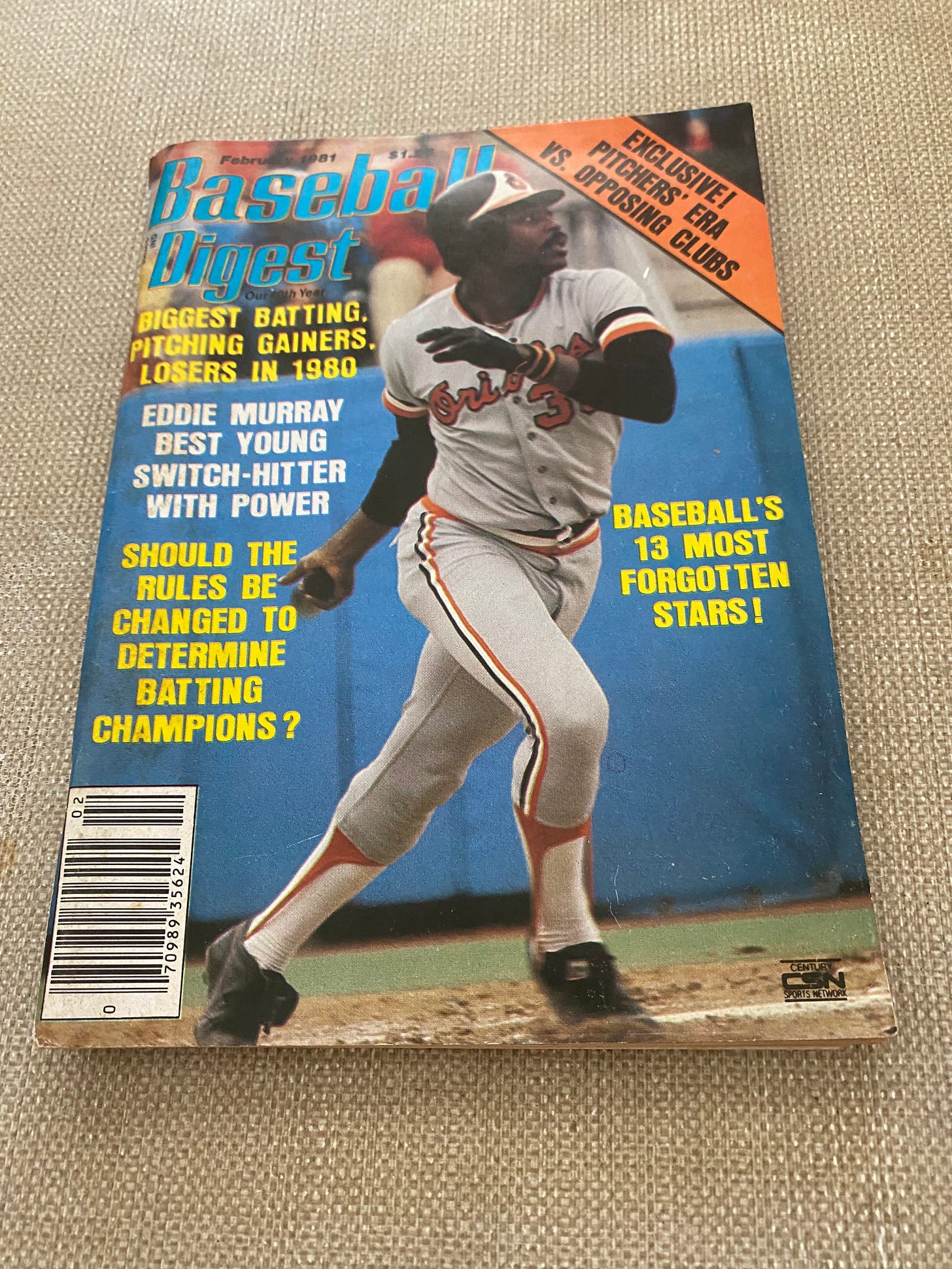
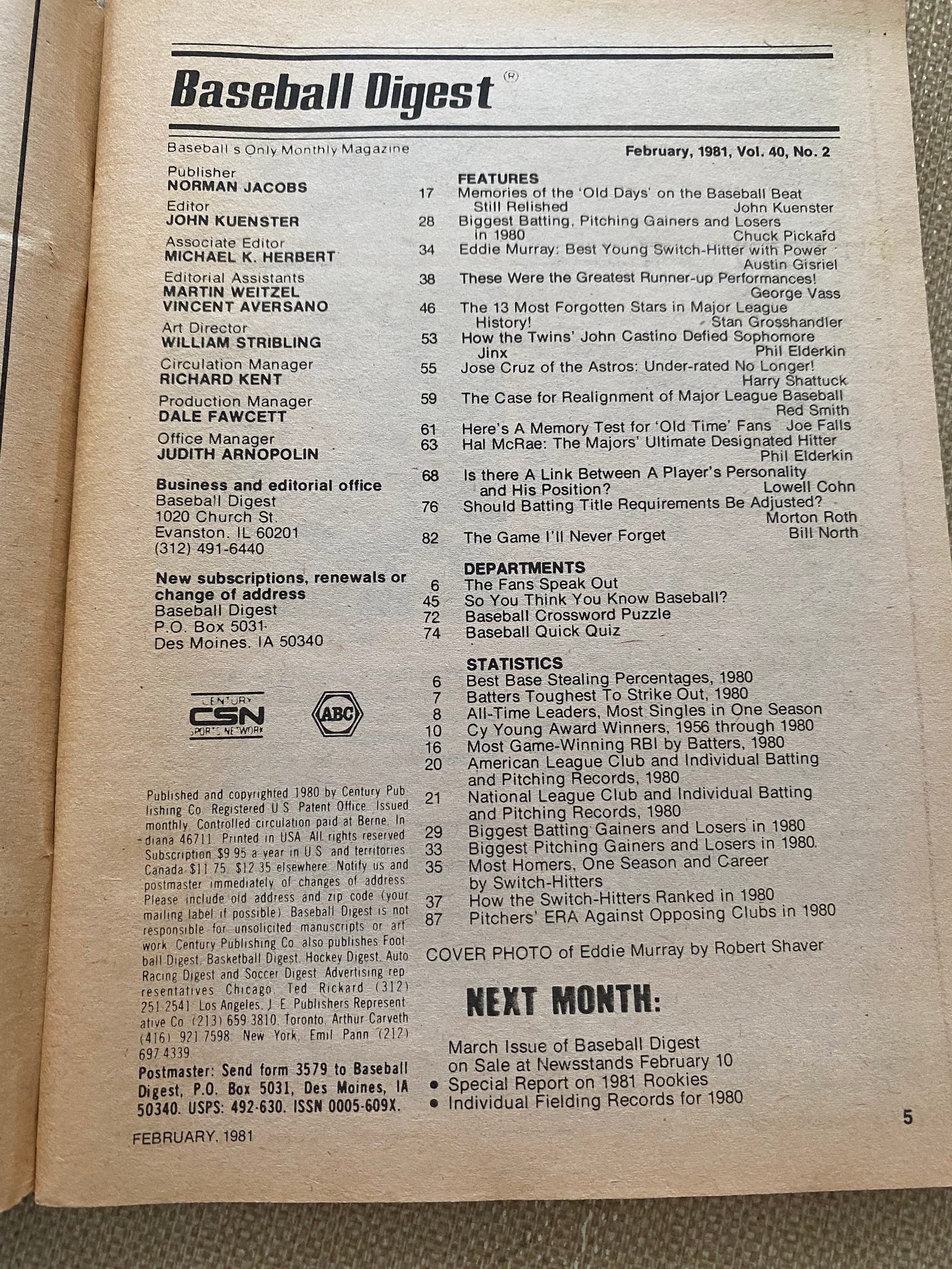
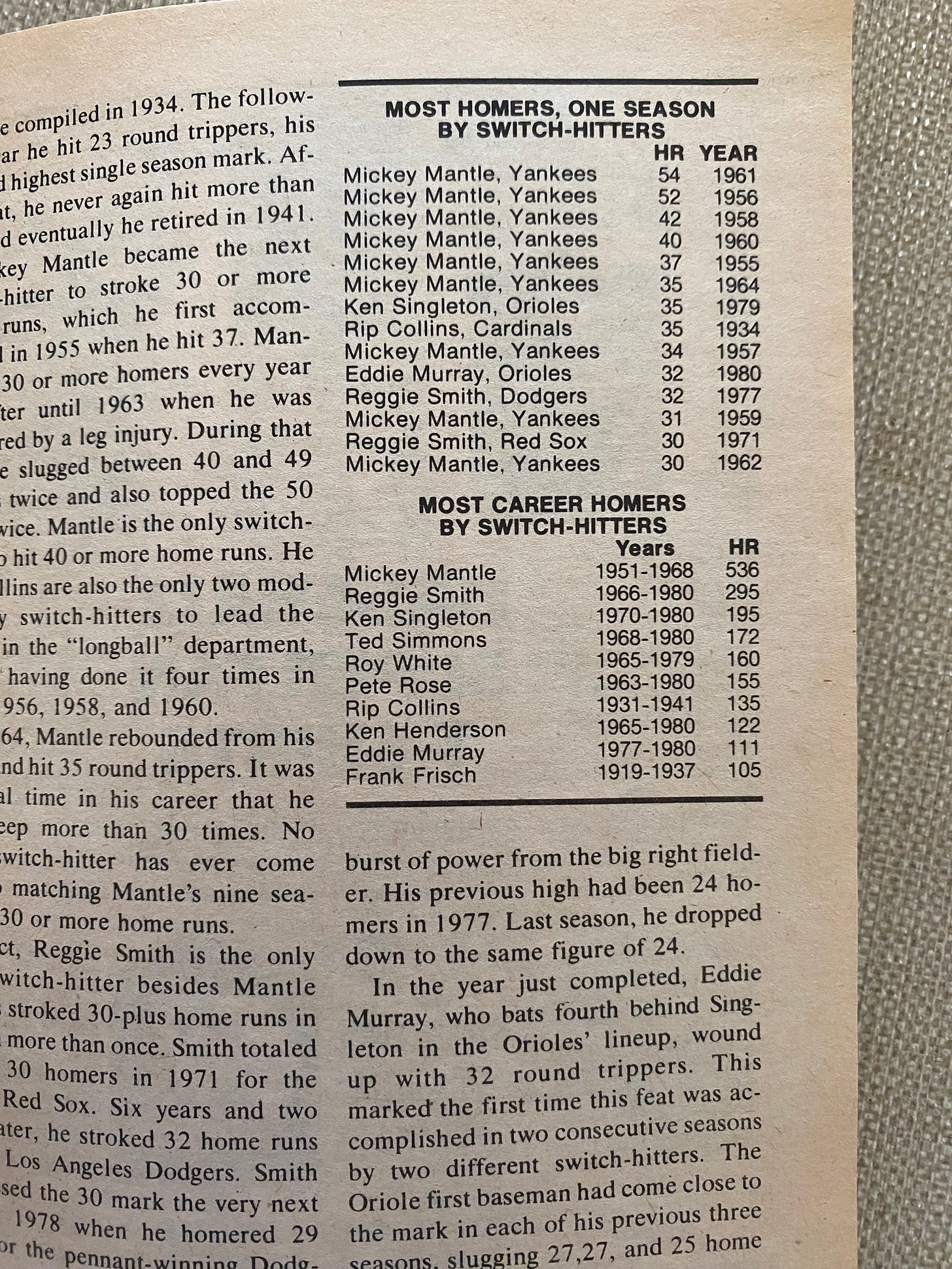
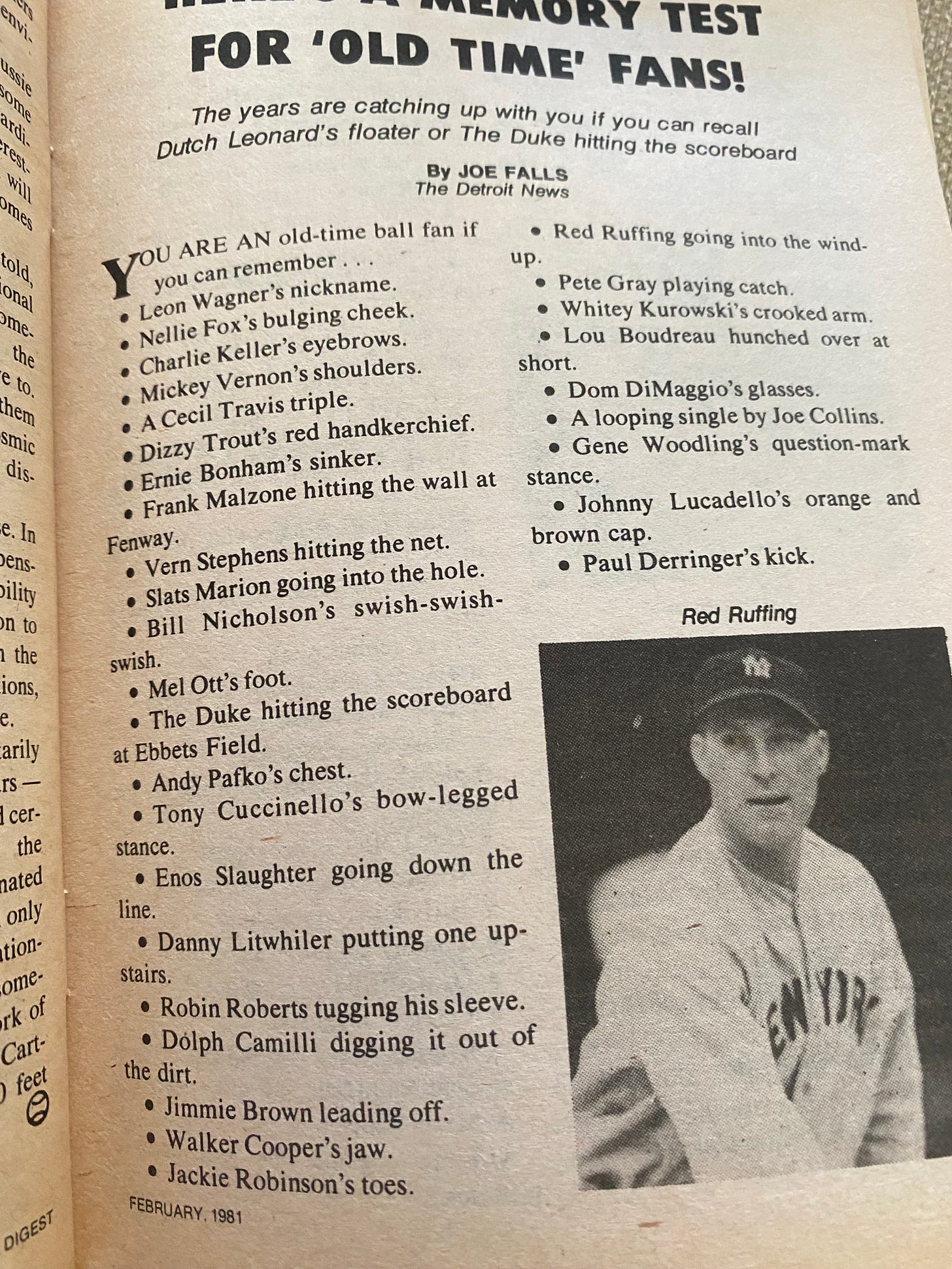
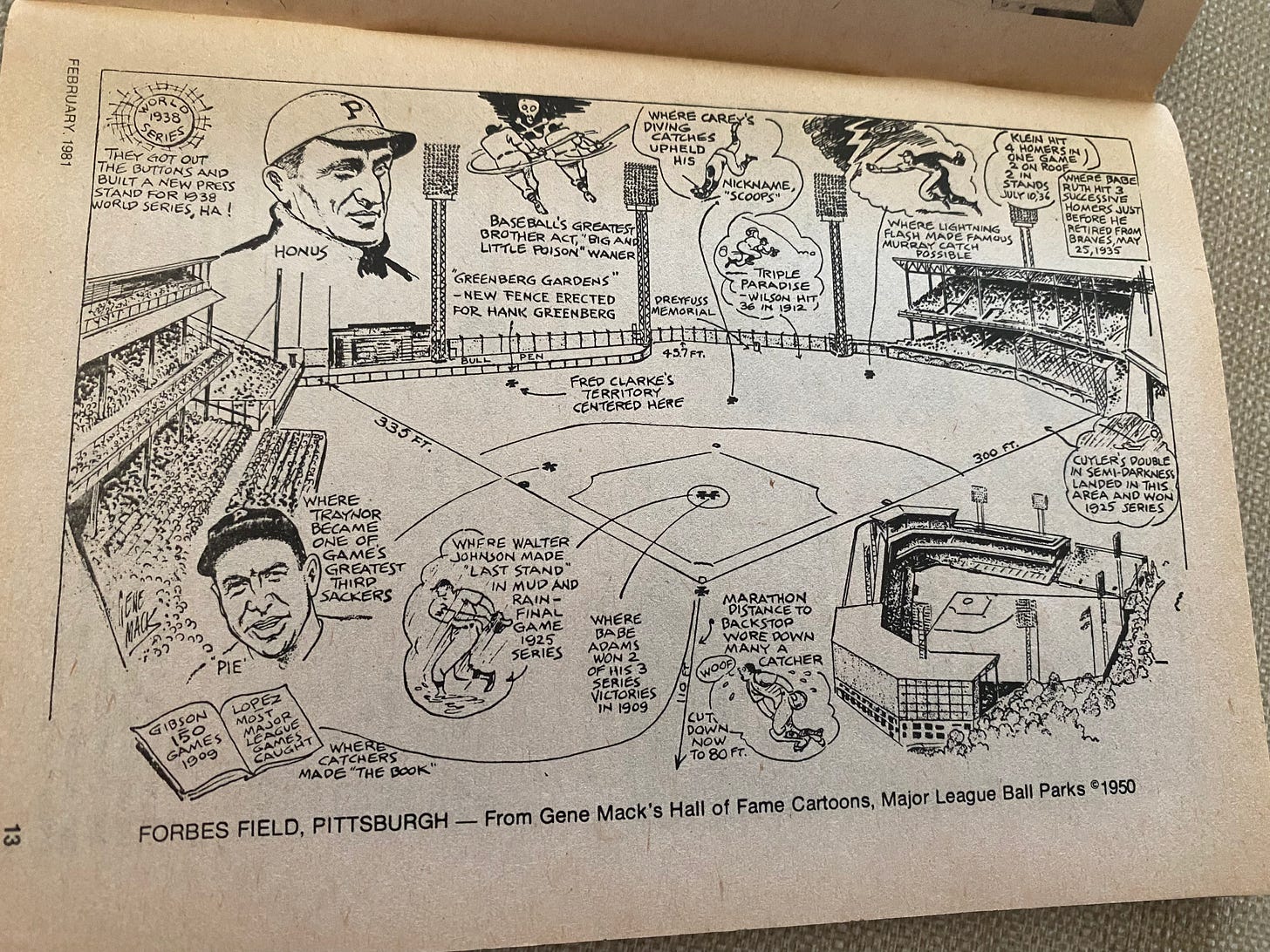

Through the 1980s, Hamill distinguished himself from his role in the original Star Wars trilogy by pursuing a theatre career on Broadway, starring in productions of The Elephant Man, Amadeus and The Nerd.
https://en.wikipedia.org › wiki › Ma...
Mark Hamill - Wikipedia
Part of a video titled Mark Hamill plays Amadeus - YouTube
0:05
1:12
Mark Hamill found Fame playing Luke Skywalker in the Star Wars movie he's playing the part againMore
Great memory on the Amadeus opportunity. Had the same effect on me when our class went.
I checked my memory banks and think I have this right. Mark Hamill was Mozart I believe during that year.
Yes that Mark Hamill!
Love you work, Steve!